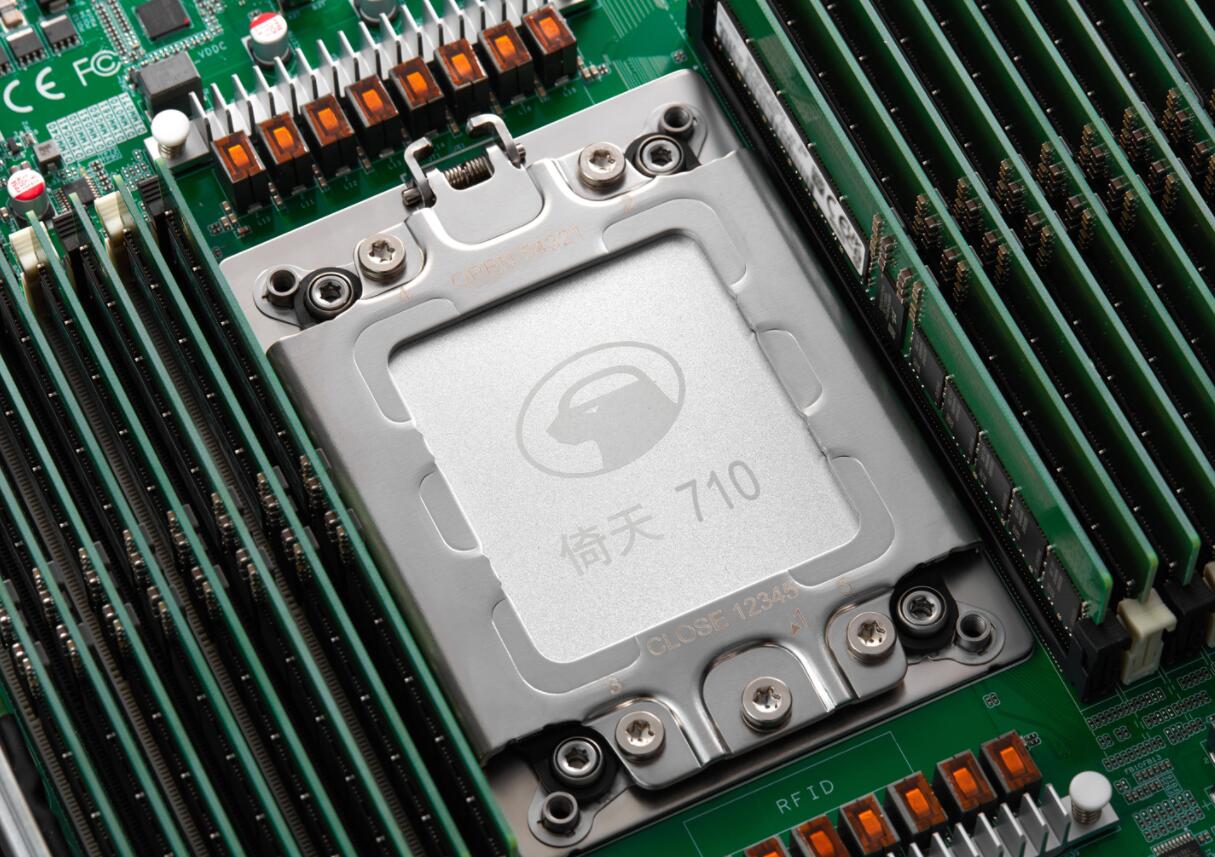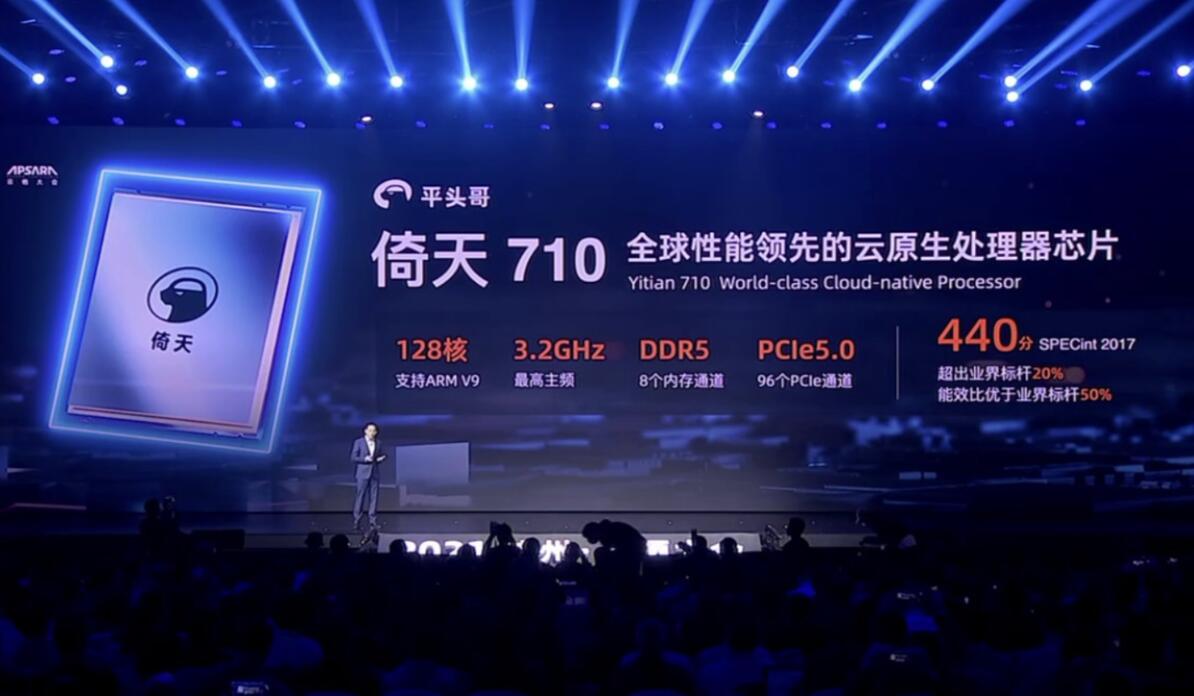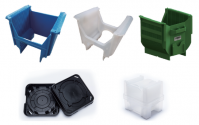If this is the prevailing attitude in India with regards to tech in which it is lagging, the India will continue to remain lagging by a huge margin.
Semiconductors: Why India Should Not Make Chips
The global supply crisis in semiconductors has led many to suggest India should create chip fabrication facilities (fabs). But the politics and economics of semiconductors are far too complex for such a solution to be feasible.
Ajay Srivastava | October 12, 2021, 10:59 IST
Chips are to this century what oil was to the last. No wonder there is intense rivalry among countries. The US and China are at the two ends of the chip universe.
Chips are to this century what oil was to the last. No wonder there is intense rivalry among countries. The US and China are at the two ends of the chip universe.
The global supply crisis in semiconductors has led many to suggest India should create chip fabrication facilities (fabs). But the politics and economics of semiconductors are far too complex for such a solution to be feasible.
Why is there a global chip fight?
Chips are to this century what oil was to the last. No wonder there is intense rivalry among countries. The US and China are at the two ends of the chip universe.
The US controls IP, design and technology. Japan makes silicon wafers on which chip circuitry is etched. The Netherlands produces lithography machines that etch circuitry onto wafers. Taiwan Semiconductor Manufacturing Company (TSMC) has the biggest and most sophisticated fabs that make chips on order for anyone. South Korea, led by Samsung, also has advanced fabs.
On the other end is China, the largest chip buyer, consuming 60% of all chips produced globally. Its annual chip import bill exceeds $300 billion. China’s plan to develop a local semiconductor industry has alarmed the US.
In the last two decades, China succeeded in making low-end chips, not a mean feat. But it failed to make advanced chips. To acquire such technology, around 2015, it tried buying firms in the US, Europe and Asia. But alert host governments blocked all such efforts.
China got a breakthrough when Huawei developed a chip for use in the 5G equipment. But, Huawei, like most others, had to rely on US firms for chip design. Acting quickly, the US, using export control laws in 2019, stopped its firms from helping Huawei. The US soon forced TSMC, Samsung, and other foreign suppliers to stop selling to Huawei to continue using US designs, equipment and tools. The US monopoly in the IP and chip design made the threat credible.
The chip shortage can lead to a geopolitical crisis
To retain control over the chip supply chain, the US has pressurised TSMC and others not to make chips for China. This means crippling of Chinese electronics and advanced technology industry. China responded by violating Taiwanese airspace many times this year. Last week, Chinese President Xi Jinping spoke about the annexation of Taiwan.
There are three reasons India shouldn’t make chips
First, fabs need significant annual investments. You make an oil refinery, and it functions for 50 years with the same technology. Not for fabs. Intel, Samsung, TSMC and everyone else – each spends over $20 billion in R&D, process improvement and new fabrication machinery every year.
Second, fab technology is complex with very high failure rates. China is a case in point that even significant investments are no guarantee of success.
Just a square inch of a chip contains billions of transistors. Distance between two transistors is measured in nanometre (nm), which is one-billionth of a metre. Lower the distance, more the transistors in a small area, and more powerful the chip.
Currently, Apple’s iPhone 13 uses a 5-nm chip, the most advanced chip on a phone. Apple’s iPad may soon be the first product to use a 3-nm chip. Compared to a 5-nm chip, the 3-nm chip is 15% faster and consumes 25% less power. Contrast this with the most advanced chip made in China. Despite two decades of lavish government support, China could make only a 14-nm chip. This is at least two generations behind the 5-nm chip.
Third, the world will soon have surplus fab capacity. The US-China rivalry has spurred large investment in new fabs. The US government will spend $50 billion on chip manufacturing. Intel is building two fabs in Arizona for $20 billion. TSMC will spend $100 billion on new fabs. Many other proposals are being discussed.
So, what should India do?
Focus on parts of the chip value chain except fab. These contribute to 40% of the value chain revenue. Chip design and assembling, testing, and packaging (ATP) are the two segments of interest for India. Chip design involves using software tools to simulate the physics of chip circuitry. We may explore the participation of Indian engineers working at advanced chip design firms. With more than a trillion chips sold annually, the ATP industry generates millions of jobs and has low barriers to entry.
Semiconductor is the only major sector the US still dominates. It is seeking allies to develop a new supply chain, excluding China. India being an active Quad member, must play its cards well to participate in the fabless segment of the chip value chain.
(The writer is an Indian Trade Service officer. Views are personal)



